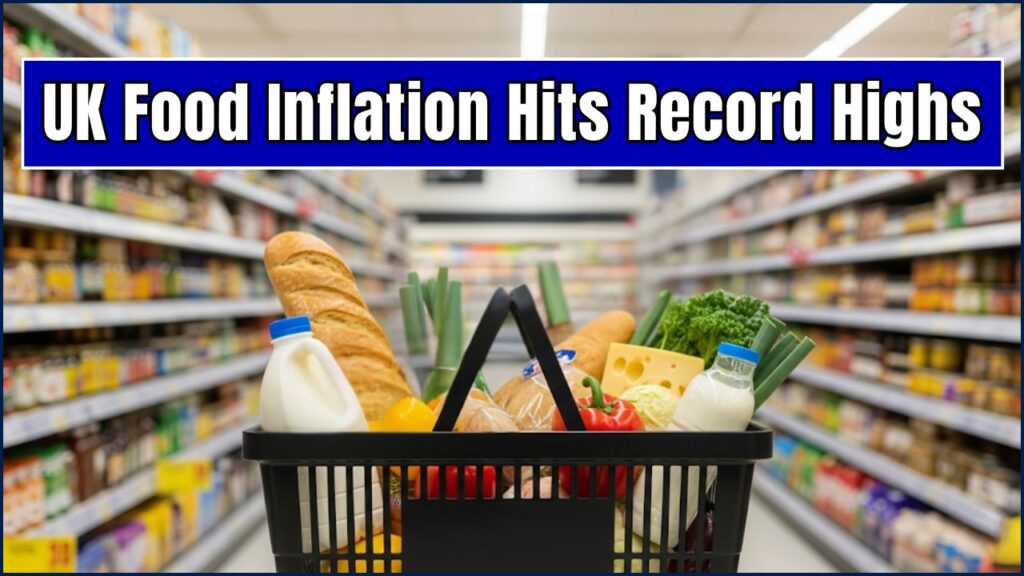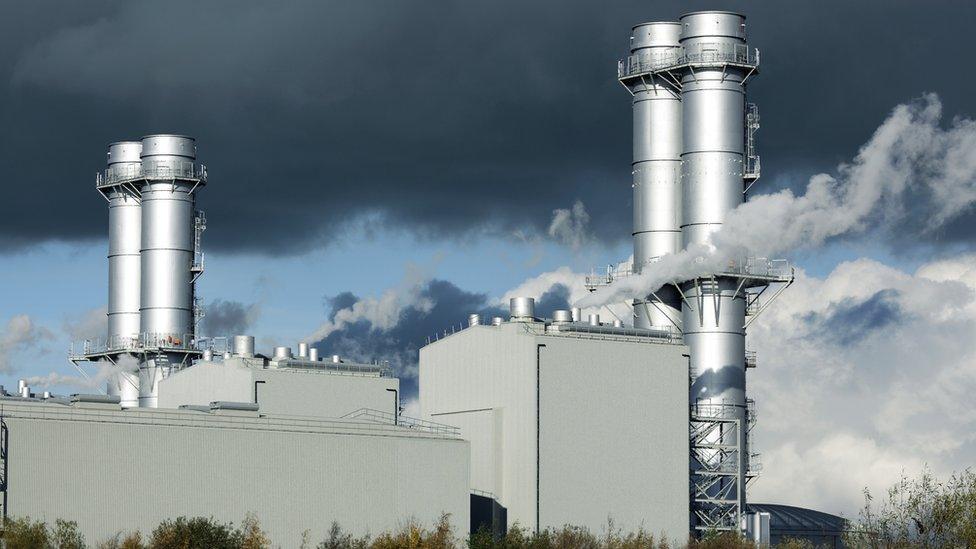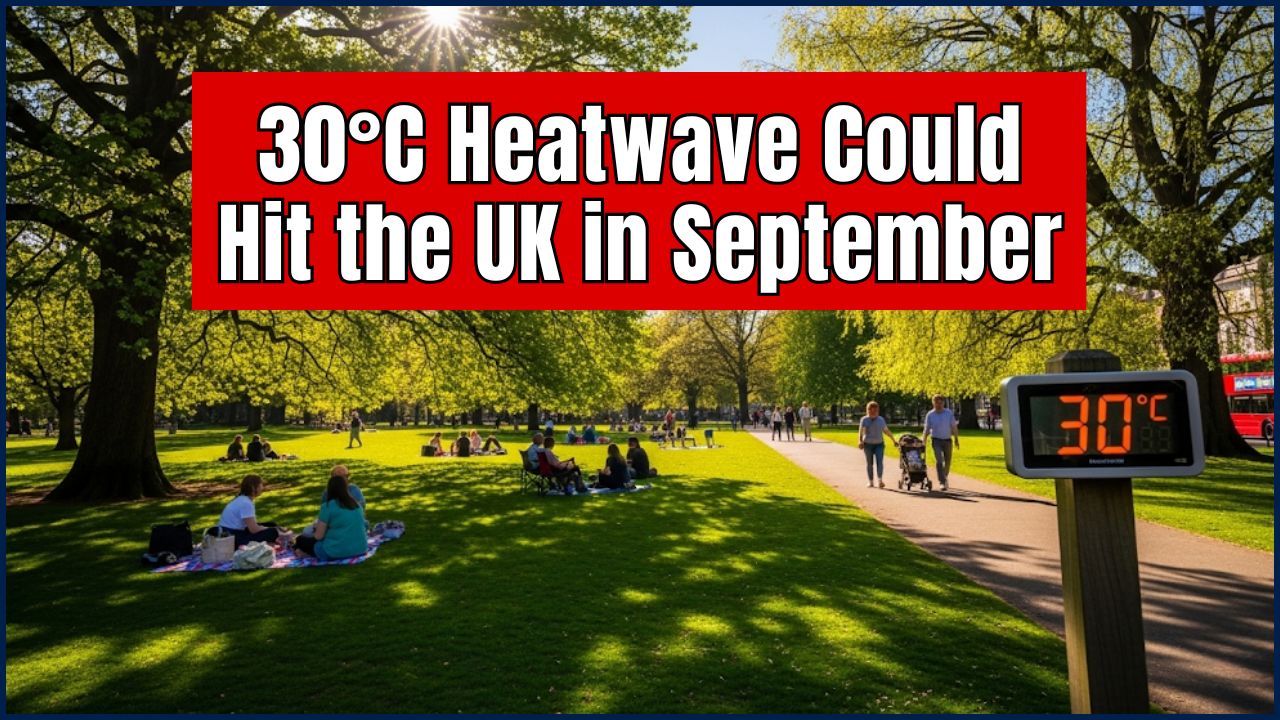
In recent years, UK food inflation has surged to alarming levels, making grocery shopping a burden for many households. From soaring bread prices to skyrocketing meat costs, the UK is facing a food price crisis not seen in decades. But what’s behind this wave of rising food prices, and more importantly, how can consumers survive it? In this article, we’ll explore the root causes of UK food inflation, the practical impact on everyday life, and provide strategies for tackling the financial strain.
UK Food Inflation Hits Record Highs
| Key Point | Data/Stats |
|---|---|
| Food Inflation Rate | 19% increase in food prices over the past year |
| Average Grocery Bill | £5,000 annually per household |
| Key Drivers of Inflation | Climate change, Brexit, energy costs, geopolitical issues |
| Practical Tips | Opt for store brands, simplify meals, plan & budget |
| Government Response | Direct payments, energy subsidies, climate-focused policies |
Food inflation in the UK is a complex issue driven by multiple factors, including climate change, geopolitical instability, and economic shifts like Brexit. While it’s challenging to avoid the impact of rising food prices entirely, there are ways to ease the burden. By adopting smart shopping strategies, planning meals, and taking advantage of discounts, you can manage your grocery budget more effectively. However, long-term solutions will require action from both the government and consumers to address the root causes of this crisis.
What’s Behind UK’s Record-Breaking Food Inflation?
The UK is grappling with an economic crisis that’s not just about rising energy prices but also the sharp increase in food prices. The latest statistics show that food inflation has reached 19%, with some household items, like potatoes and tomatoes, jumping in price by 22%. But what’s driving these increases, and why is this happening now?
Climate Change: A Key Factor
Climate change is one of the biggest culprits behind the rising cost of food. Across the globe, extreme weather events are becoming more frequent and severe. These include droughts, floods, and heatwaves, which impact crop yields and disrupt food production.

For instance, in the UK, potato prices spiked due to an unusually wet season in 2024. Meanwhile, in regions like West Africa, where much of the world’s cocoa is grown, prolonged droughts led to a tripling of cocoa prices from April 2023 to April 2024. These disruptions are causing food shortages globally, which naturally pushes prices up.
Geopolitical Tensions and Trade Barriers
In addition to climate change, global geopolitical instability is also playing a significant role in food inflation. The ongoing Russian invasion of Ukraine, for example, has caused major disruptions in the grain supply chain. Ukraine is one of the world’s largest exporters of grains, and the war has blocked critical ports, stalling shipments and leading to global food shortages.
The Brexit effect has also made matters worse for the UK. Since the country’s exit from the EU, post-Brexit trade barriers have been put in place, causing delays, added costs, and a lack of available labor in the agriculture sector. The result? Higher prices at the checkout for consumers.
The Impact of Energy Costs
Energy prices, which soared during the 2021 UK natural gas crisis, also play a major role in food inflation. The rising cost of energy affects many aspects of food production, from running farms to processing food and distributing it. When energy costs go up, so do the prices of fertilizers, transportation, and refrigeration, all of which directly affect food prices.

Labour Shortages
The pandemic caused disruptions to the workforce, and many food producers have struggled to recover from labour shortages. The loss of workers, especially in farming, has made it harder to produce and distribute food efficiently, driving prices higher. This issue has only worsened post-Brexit, as fewer workers are entering the UK to fill agriculture and food production roles.
A Historical Perspective on Food Inflation
Food inflation has been a recurring issue throughout UK history, often tied to broader economic and social conditions. In the 1970s, the country faced a similar crisis marked by a global oil shock and rising agricultural costs. At the time, food prices skyrocketed as inflation outpaced wages, leading to widespread strikes and protests. While the scale of today’s crisis may be different, it’s not the first time the UK has faced such pressures.
By understanding past crises, consumers and policymakers can look for patterns and better prepare for future challenges. However, what makes this situation unique is the simultaneous convergence of climate change, global supply chain disruptions, and post-Brexit trade complexities.
Personal Stories: How Families are Coping
For many families across the UK, the strain of rising food costs is real and immediate.
Sarah from Manchester, a mother of two, shares, “Our grocery bills have gone up by at least 30% this year. We’re trying to eat healthier, but with prices like they are, we’ve been forced to cut back on fresh fruits and vegetables, which isn’t ideal for the kids.”
Similarly, John, a local farmer in Kent, explains the difficulty his farm faces in supplying affordable food. “We’re doing everything we can, but the cost of feed for animals and fuel for equipment has shot up. It’s a real struggle, and I know a lot of farmers are getting out of the business.”
These firsthand accounts make the impact of inflation more tangible, showing that the food price crisis is not only affecting consumers but also producers.
Coping Strategies: How to Survive the Rising Food Prices
While it’s undeniable that food inflation is a serious problem, there are ways to reduce its impact on your household budget. Here are some practical, actionable tips to help you survive the food price crisis:
1. Opt for Store Brands
One of the easiest ways to save money is by switching to store-brand products. Supermarket chains often offer their own versions of popular food items, which are typically lower in price but still of comparable quality. Think of it as a way to enjoy similar items for a fraction of the cost.
2. Simplify Your Meals
Simplifying your meals can go a long way toward reducing your grocery bill. Instead of buying a variety of ingredients for complex recipes, consider meal prepping with fewer ingredients. Simple dishes like stir-fries, pasta, or rice bowls can be nutritious and affordable, and they can be made with a few key items you probably already have at home.
3. Plan Your Shopping Trips
Planning your meals for the week and making a shopping list before you go to the store can help cut down on impulse purchases. When you plan your meals ahead of time, you’re less likely to buy unnecessary snacks or items that won’t be used.
4. Embrace Bulk Buying
Buying in bulk can help you save money over time, especially for non-perishable items like rice, pasta, or canned goods. This may involve a larger upfront cost, but it can be a smart long-term strategy, especially for families.
5. Utilize Discounts and Loyalty Programs
Many grocery stores offer loyalty cards or apps that can help you save money on future purchases. Be sure to take advantage of these programs to earn discounts, coupons, and special offers. You can also look out for seasonal sales on your favorite products, particularly fresh produce that is in season.
Government and Institutional Responses to the Crisis
In response to the growing food crisis, the UK government has put several measures in place to ease the financial burden on its citizens. These measures include direct payments to low-income households and subsidies for energy costs to reduce the overall cost of living. However, experts agree that these short-term solutions are only a start.
There’s a growing call for more comprehensive policies to address the root causes of food insecurity. This means tackling climate change, reducing trade barriers, and ensuring that the UK has a stable and secure food supply in the long term.
Local Solutions: How Communities are Fighting Back
Across the UK, communities are coming together to combat food inflation in creative and practical ways. Community food co-ops, urban farming, and food banks are playing a crucial role in helping families access affordable, nutritious food. The Real Junk Food Project, for example, collects surplus food that would otherwise go to waste and redistributes it to people in need at a fraction of the cost.
These local initiatives not only provide immediate relief but also help raise awareness about the importance of sustainable food practices and reducing food waste, which are key to long-term solutions.
FAQs
Q: Why are food prices rising in the UK?
Food prices are rising due to factors such as climate change, Brexit, geopolitical instability (like the Russia-Ukraine war), and increased energy costs.
Q: What can I do to save money on groceries?
You can save money by opting for store brands, simplifying your meals, planning your shopping trips, buying in bulk, and using loyalty programs for discounts.
Q: Is food insecurity a growing issue in the UK?
Yes, food insecurity is rising in the UK, particularly among low-income households. The cost of food is making it difficult for many to afford sufficient nutrition.












